

Table of Contents
- Introduction
- Understanding the 5 Elements of Vastu Shastra
- Significance of South Direction (Dakshin Disha)
- Vastu Considerations for the South Direction
- Myths Surrounding South Facing Homes
- Benefits of South Facing Homes
- Key Vastu Tips for South Facing Homes - 1. Main Entrance Placement
- 2. Room Placement
- 3. Landscaping and Outdoor Spaces
- 4. Balancing the Elements
- 6. Lighting and Ventilation
- 7. Decorative Elements
- Which Professionals Benefits Most from a South Facing House Vastu?
- Additional Tips
- Conclusion
- Faq's
Introduction
Vastu Shastra, an ancient Indian architectural science, emphasizes the importance of harmonizing human dwellings with nature and cosmic energies. While many believe that south-facing homes carry negative connotations, the truth is that with proper Vastu principles, these homes can be transformed into spaces of positivity, prosperity, and well-being.
This comprehensive guide will delve deeper into Vastu tips specifically tailored for south-facing homes, addressing common misconceptions, outlining the benefits, and providing actionable advice to create a balanced living environment.
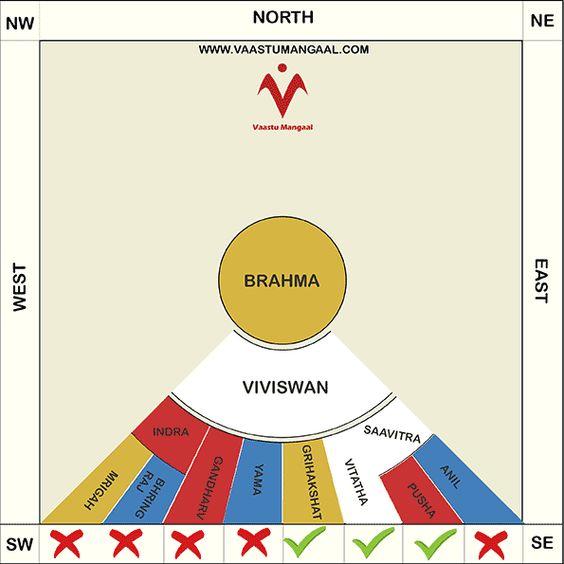 Pinterest
Pinterest
Understanding the 5 Elements of Vastu Shastra
 Source: Pinterest
Source: Pinterest
Vastu Shastra is not merely about aesthetics; it is a holistic approach that considers the interplay of various elements, including:
The Five Elements (Pancha Mahabhuta)
The concept of the five elements, known as Pancha Mahabhuta, is fundamental to Vastu Shastra and many other Indian philosophies, including Ayurveda and Yoga. Each element - Earth, Water, Fire, Air, and Space plays a vital role in shaping our environment and influencing our physical and mental well-being.
1. Earth (Prithvi)
Earth is the foundation of all physical matter. It represents stability, nourishment, and grounding. In Vastu Shastra, the Earth element is associated with the southwest direction of a building. This area is considered ideal for the placement of heavy furniture and storage, as it enhances stability and security in the home.
Significance in Vastu:
Foundation and Structure: The Earth element is crucial for the structural integrity of a building. Using natural materials like stone, clay, and wood can enhance the grounding effect of this element.
Connection to Nature: Incorporating plants and natural landscapes in the surroundings can strengthen the Earth element, promoting a sense of peace and stability.
Health and Well-Being: A strong Earth element is believed to foster physical health and emotional stability. It helps in creating a nurturing environment that supports growth and development.
2. Water (Jala)
Water symbolizes abundance, purification, and vitality. It is closely associated with emotions and the subconscious mind. In Vastu, the northeast direction is linked to the Water element, making it an ideal location for water bodies, such as wells, ponds, or fountains.
Significance in Vastu:
Wealth and Prosperity: Water is considered a source of wealth and prosperity. A well-maintained water feature in the northeast can attract positive energy and financial growth.
Purification and Cleansing: Water has the ability to cleanse both physically and spiritually. Ensuring that water sources are clean and flowing can enhance the overall energy of the space.
Emotional Balance: The presence of water can help regulate emotions, promoting a calm and serene atmosphere. It is essential for maintaining mental clarity and emotional well-being.
3. Fire (Agni)
Fire represents transformation, energy, and passion. It is associated with the southeast direction in Vastu. Fire is not only a source of warmth and light but also symbolizes the transformative power of energy.
Significance in Vastu:
Cooking and Nourishment: The kitchen, often referred to as the heart of the home, should ideally be located in the southeast. This placement aligns with the fire element, promoting health and vitality through cooking.
Lighting and Ambiance: Proper lighting is essential for creating a warm and inviting atmosphere. Natural light should be maximized, and artificial lighting should be soft and warm to enhance the fire element.
Passion and Creativity: Fire is associated with enthusiasm and creativity. Incorporating elements that inspire passion, such as artwork or vibrant colors, can enhance the energy of the space.
4. Air (Vayu)
Air symbolises movement, communication, and freedom. It is linked to the northwest direction in Vastu. The Air element is essential for maintaining a healthy environment, as it facilitates the flow of energy and promotes vitality.
Significance in Vastu:
Ventilation and Freshness: Proper ventilation is crucial for maintaining a healthy living space. Windows and doors should be strategically placed to allow for cross-ventilation, ensuring a constant flow of fresh air.
Communication and Social Interaction: The Air element is associated with communication and relationships. Open spaces and communal areas should be designed to encourage interaction and connection among family members.
Mental Clarity: A well-ventilated space can enhance mental clarity and reduce stress. Incorporating elements like indoor plants can also purify the air and promote a sense of well-being.
5. Space (Akasha)
Space represents expansion, openness, and potential. It is considered the most subtle of the five elements and is associated with the center of a building. Space allows for the movement and flow of energy, making it essential for creating a harmonious environment.
Significance in Vastu:
Clutter-Free Environment: Keeping the center of the home open and uncluttered promotes positive energy flow. Avoiding overcrowding in this area is crucial for maintaining balance.
Potential and Growth: Space symbolizes potential and opportunities. Creating open areas within the home can foster creativity and personal growth.
Spiritual Connection: The Space element is linked to spiritual awareness and consciousness. Incorporating elements that promote mindfulness, such as meditation spaces or altars, can enhance the spiritual energy of the home.
Significance of South Direction (Dakshin Disha)
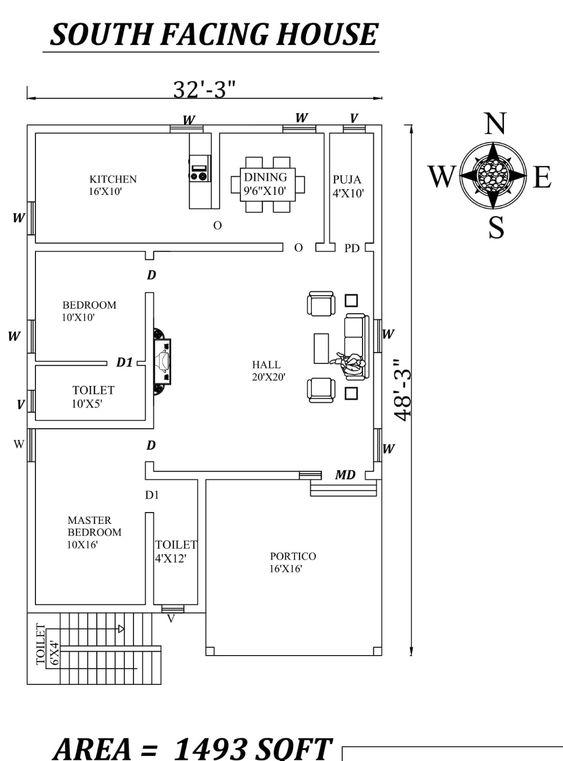 Pinterest
Pinterest
The South direction is associated with stability, health, and finances in Vastu Shastra. It is governed by Lord Yama, the deity responsible for justice and dharma. The South direction represents morals, ethics, and the accumulation of wealth.
Stability and Rest: The South direction is believed to promote stability, rest, and relaxation. Placing a bedroom in the South can significantly improve sleep quality.
Health and Finances: This direction governs both physical health and financial well-being. A well-designed South zone can attract prosperity and ensure good health for the occupants.
Spiritual Illumination and Fame: The Sun reaches its highest point in the South, representing maximum illumination. This direction can aid in achieving spiritual enlightenment and worldly fame.
Strength and Valor: Astrologically, the South is ruled by the fiery planet Mars. Placing a bedroom here can bestow the occupants with the qualities of strength and courage.
Also Read: Vastu Pyramids for Home: Benefits and Placement Tips
Vastu Considerations for the South Direction
Entrance Placement: A South-facing main entrance requires careful planning and remedies. It can either attract wealth or lead to financial losses, depending on the exact location as per the Vastu Purusha Mandala.
Toilet Placement: It is strictly advised to avoid placing a toilet in the South, as it can disturb mental peace and physical health.
Heavy Walls: Closed and heavy walls in the South direction help keep negative energies at bay and store wealth in the form of energy.
While a South-facing home is not considered inauspicious, it requires thoughtful planning to ensure the occupants benefit from the stability and prosperity associated with this direction. By incorporating Vastu principles and remedies, homeowners can create a harmonious living environment in the South-facing home.
Myths Surrounding South Facing Homes
When it comes to purchasing a house, south-facing houses are seen as a second option. The suspicions and myths that surrounds it, is what arises these doubts. Today, we will learn the actual facts and features associate with south facing house vast.
Financial Instability:
Many believe that living in a south-facing home leads to financial struggles. In reality, financial success is more a result of hard work, planning, and adherence to Vastu principles than the orientation of the house itself.
Health Issues:
Some think that south-facing homes are linked to health problems. Health is influenced by numerous factors, including lifestyle, diet, and environment, rather than just the direction of the home.
Negative Energy Accumulation:
There is a common fear that south-facing homes attract negative energy. However, with the right Vastu adjustments, these homes can be just as vibrant and positive as those facing other directions.
Benefits of South Facing Homes
While south-facing homes may be viewed with skepticism, they offer unique advantages:
Sunlight Exposure: South-facing homes receive abundant sunlight, especially during winter months. This natural light can enhance mood, reduce the need for artificial lighting, and contribute to overall well-being.
Ideal for Certain Zodiac Signs: For individuals with zodiac signs such as Taurus, Virgo, and Capricorn, south-facing homes can resonate positively with their inherent energies, promoting harmony and stability.
Potential for Prosperity: When designed according to Vastu principles, south-facing homes can attract wealth and success, making them suitable for business-related activities
Key Vastu Tips for South Facing Homes - 1. Main Entrance Placement
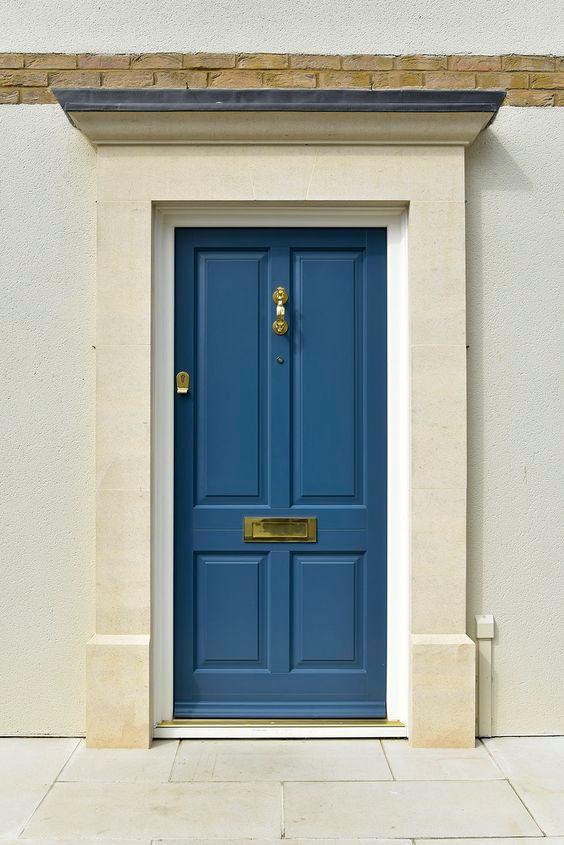
The main entrance should ideally be located either in the center of the south wall or slightly towards the left. This placement helps balance the energies within the house and promotes a welcoming atmosphere for the occupants.Padas (Energy Zones): According to Vastu, the south side of the house is divided into eight segments known as padas. The best locations for the entrance are:
- Pusha
- Vitath
- Grihakshat
These positions are believed to attract wealth, good health, and prosperity. Conversely, entrances in the other five padas can lead to financial difficulties and health issues, and should be avoided.
Additional Entrance: If possible, consider adding a secondary entrance on the north side of the house. This can enhance the flow of positive energy and provide additional access to the home.
Additional Tips
Height and Strength: Ensure that the walls on the south and west sides of the house are taller and stronger compared to the north and east sides. This design helps in stabilizing the energy and providing a sense of security.
Avoid Clutter: Keep the entrance area clean and uncluttered to allow positive energy to flow freely into the home.
Decor and Symbols: Consider placing auspicious symbols or decor at the entrance to invite positivity and good fortune.
By following these Vastu guidelines for the entrance of a south-facing house, homeowners can create a more harmonious living environment that promotes well-being and prosperity.
2. Room Placement

The arrangement of rooms is vital for maintaining harmony and balance in a south-facing home:
Master Bedroom: The master bedroom should ideally be in the southwest corner. This placement promotes stability, restful sleep, and strengthens relationships. Use earthy colors and avoid mirrors facing the bed.
Kitchen: The kitchen is best placed in the southeast corner, aligning with the fire element. Ensure that the cooking platform is positioned to face east, allowing the cook to face the rising sun while preparing meals.
Living Room: The living room can be positioned in the northeast or northwest corners. This arrangement fosters a welcoming atmosphere and encourages social interaction. Use light colors and comfortable seating to create an inviting space.
Bathrooms and Toilets: Ideally, bathrooms should be located in the northwest or southeast corners. Avoid placing them in the northeast, as this can disrupt the flow of positive energy
3. Landscaping and Outdoor Spaces
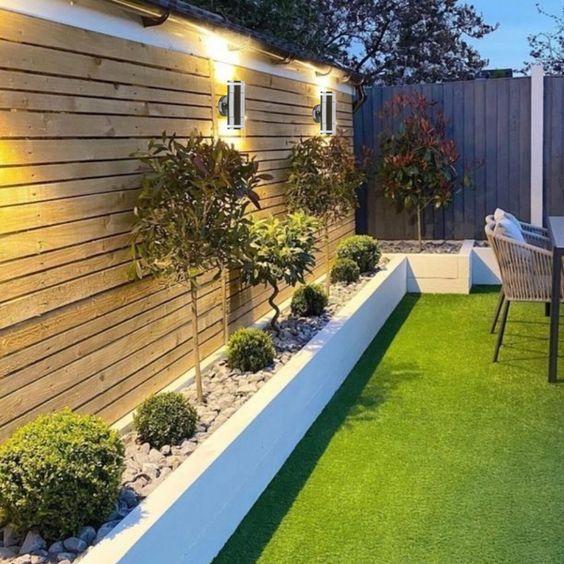
Landscaping can significantly influence the energy of a south-facing home:
Garden Placement: While gardens are often recommended in the north or east, they can still thrive in a south-facing yard. Incorporate a variety of plants, colorful flowers, and herbs to create a vibrant and serene outdoor space.
Avoid Large Trees: Do not plant large trees directly in front of the house, as they can obstruct sunlight and block positive energy from entering. Instead, consider smaller shrubs or flowering plants.
Water Features: If possible, include a small water feature, such as a fountain or pond, in the northeast area of the yard. Water symbolizes wealth and abundance, and its presence can enhance the overall energy of the home.
Also Read: Vastu for Home: Importance of Brahmasthan, Calculation, Dosh Nivaran
4. Balancing the Elements
To maintain harmony within a south-facing home, it is essential to balance the five elements:
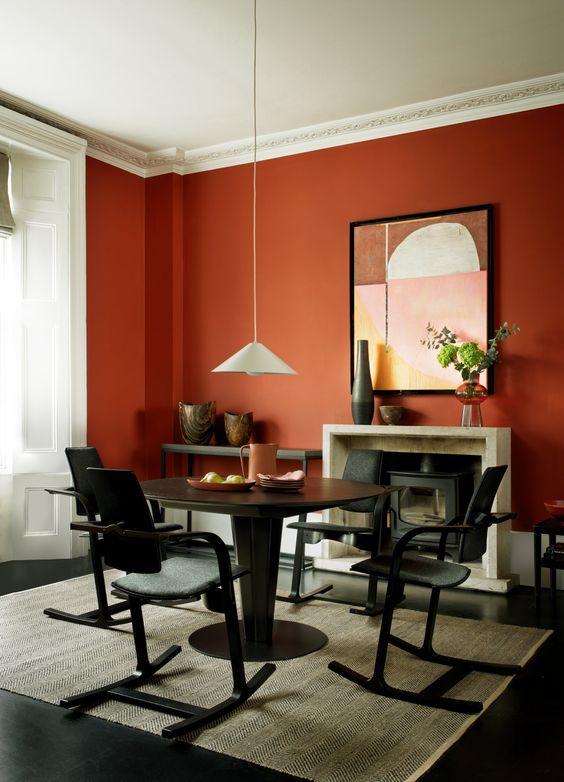
Color Schemes: Use warm tones like oranges, reds, and browns to align with the fire element of the south. Incorporate earthy colors for grounding and calming effects. Paint walls in light, reflective colors such as whites, creams, or pastels. Light colors reflect sunlight, making spaces feel brighter and more open.
Flooring: Choose light-colored flooring materials, such as light wood or tiles, to enhance the reflection of natural light.
Decor and Furniture: Arrange furniture to promote smooth energy flow. Avoid clutter, especially in the south zone of the house, as it can obstruct positive energies and lead to restlessness among inhabitants.
Natural Elements: Integrate natural materials like wood, stone, and plants into your decor. These elements enhance the connection to nature and promote a sense of tranquility.
6. Lighting and Ventilation
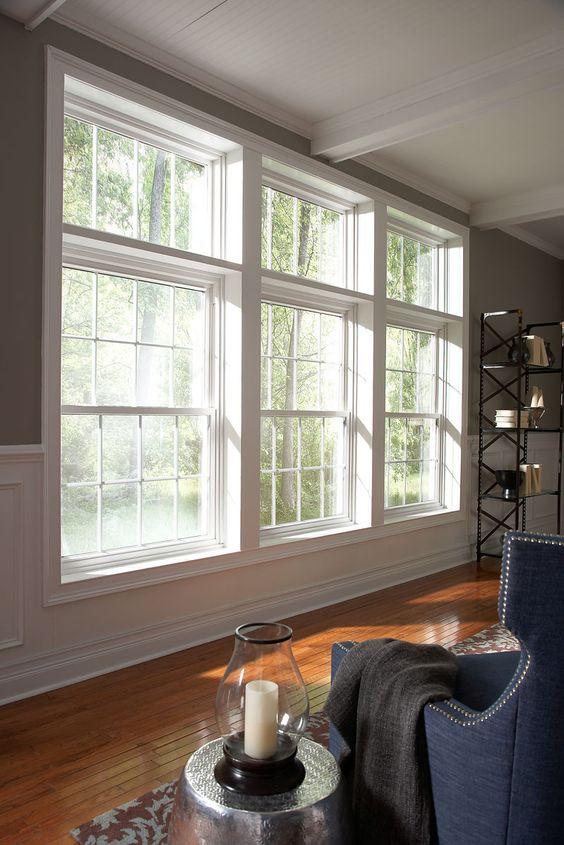
Proper lighting and ventilation are essential for maintaining a healthy living environment:
Natural Light: Maximize natural light by using large windows and open spaces. This not only enhances the aesthetic appeal but also promotes a positive atmosphere.
Large Windows: Install large windows on the south-facing walls to maximize sunlight exposure. This allows ample natural light to flood the interior spaces.
Skylights: Incorporate skylights in areas where vertical windows are not feasible. Skylights can significantly increase natural light, especially in rooms like kitchens and bathrooms.
Incorporate Mirrors
Strategic Placement: Place mirrors opposite windows or in areas that receive sunlight. Mirrors can reflect light and create an illusion of more space, making rooms feel brighter.
Ventilation: Ensure adequate airflow throughout the house. Cross-ventilation helps in maintaining a fresh and vibrant environment. Use exhaust fans in kitchens and bathrooms to prevent stagnation of energy.
Artificial Lighting: Use warm, soft lighting in living areas to create a cozy atmosphere. Avoid harsh fluorescent lights, which can create discomfort and stress. One can use a combination of ambient, task, and accent lighting to enhance brightness during the evening. Choose fixtures that complement natural light and avoid overly dim or harsh lighting.
7. Decorative Elements
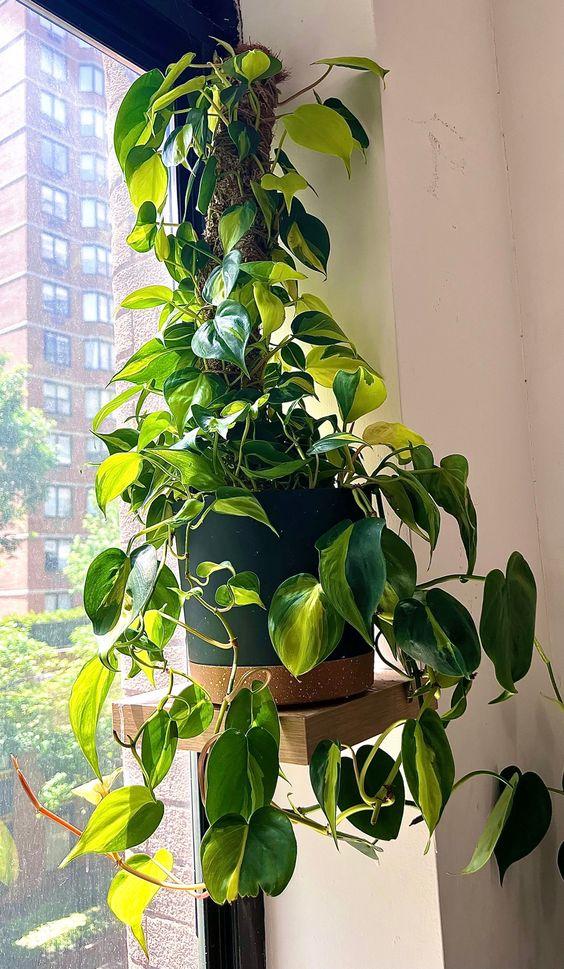
Decorative elements can enhance the energy of your south-facing home:
Mirrors: Use mirrors wisely. Placing mirrors in the living room can expand the space and reflect positive energy. However, avoid placing them directly opposite the main entrance, as they can reflect energy back outside.
Artwork: Choose artwork that inspires positivity and happiness. Landscapes, family portraits, and abstract art can uplift the mood and create a welcoming environment.
Plants: Incorporate indoor plants to purify the air and bring life into the home. Plants like money plants, peace lilies, and bamboo are particularly auspicious in Vastu.
Which Professionals Benefits Most from a South Facing House Vastu?
While south-facing homes are often viewed with skepticism, certain individuals can actually benefit from the unique energies associated with this direction. According to Vastu Shastra, the south direction is governed by the planet Mars and the element of fire. This makes south-facing homes particularly suitable for:
1. Real Estate Professionals
People working in the real estate industry can thrive in a south-facing home, as the fiery energy can boost their negotiation skills and drive for success.
2. Security and Protection Professionals
Individuals involved in fields like law enforcement, security, and defense can find a south-facing home beneficial. The strong, protective energy of the south can support their work.
3. Showbiz and Media Personalities
South-facing homes are ideal for those in the entertainment industry, such as actors, models, and media personalities. The fame and popularity associated with the south direction can amplify their success.
4. Administrative Professionals
Government officials, bureaucrats, and those in leadership roles can find a south-facing home conducive to their work. The stability and authority of the south direction can enhance their decision-making abilities.
5. Certain Zodiac Signs
People with zodiac signs like Taurus, Virgo, and Capricorn are believed to resonate well with the energies of a south-facing home. The stability and grounding nature of the south can provide a supportive environment for these individuals.
It's important to note that while these professions and zodiac signs may benefit from a south-facing home, proper Vastu remedies should still be applied to ensure a harmonious living environment. By incorporating Vastu principles and tailoring the home to their specific needs, individuals can harness the positive energies of a south-facing house and thrive in their personal and professional lives
Additional Tips
1. Personalisation and Intuition
While Vastu principles provide a solid foundation, it is essential to personalize your space according to your preferences and intuition. Each individual has unique energies and needs, so trust your instincts when arranging your home.
2. Consultation with Experts
If you find Vastu principles complex or overwhelming, consider consulting a Vastu expert. They can provide tailored advice based on your specific home layout and personal circumstances.
3. Continuous Improvement
Vastu is not a one-time effort; it requires continuous attention and adjustment. Regularly assess the energy flow in your home and make changes as needed to maintain a positive atmosphere.
By embracing the wisdom of Vastu Shastra and implementing these tips, you can turn your south-facing home into a sanctuary of peace, prosperity, and happiness. Remember, the goal is to create a space that resonates with your energy and supports your well-being.
Conclusion
Embracing the principles of Vastu Shastra can significantly enhance the living experience in a south-facing home. By understanding the unique energies associated with the south direction and implementing thoughtful design strategies, homeowners can create a harmonious environment that promotes stability, health, and prosperity. From optimizing the main entrance and room placements to incorporating natural elements and balancing the five elements, each adjustment plays a vital role in fostering positive energy.
Moreover, dispelling myths surrounding south-facing homes allows individuals to appreciate their potential benefits, such as abundant sunlight and suitability for certain professions. By personalizing their space and considering the specific needs of the occupants, homeowners can transform their south-facing houses into sanctuaries of peace and well-being. Ultimately, with the right Vastu adjustments and a mindful approach, a south-facing home can become a beacon of positivity, enhancing the quality of life for all who reside within.
explore further
Latest from Contemporary ideas
More from Innovations
Resources
Dwello, for every home buyer, is a way to go from 'I feel' to 'I know', at no extra cost.


